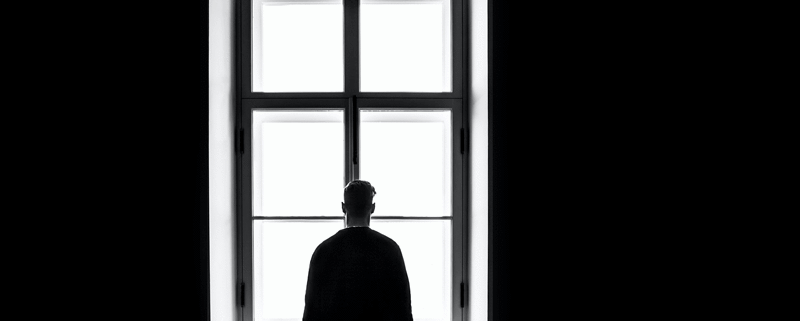Mens’ mental health is ‘silent crisis’
Last month was Mental Health Awareness month. While there is more awareness in general, there are still areas that need to be addressed.
One issue that is important but does not always get a great deal of focus is behavioral health of men. The suicide rate is four times higher for males than females, and men make up almost 80% of suicide victims in the United State. Men living in small towns and rural areas have particularly high rates of suicide. In fact, Wyoming has the highest rates of suicide in the country. Yet men often seek help for mental health issues less than women yet experience mental illness at the same or greater numbers than women.
While many male celebrities and athletes are being more open regarding behavioral health issues, it is still an area of concern. Why are men less likely to seek treatment for depression, anxiety, substance abuse and general stressful life events? There are several theories about why this happens. There is a great deal of stigma around behavioral health issues in general, but the stigma may be even stronger for men given some perceived norms around masculinity.
Many boys learn early that it is looked at as a weakness to show vulnerability. They are encouraged to suppress most emotional responses like crying. This may become so ingrained that by the time they reach adulthood they may be unable to regulate emotions aside from anger or self-medicating. Anger is one of the few “sanctioned” male emotions. Even when some men do realize that they are depressed or struggling with substance abuse or some other problem, they are still less likely than women to seek help.
Seeking assistance for many men may be viewed in conflict with more historically traditional masculine ideals of toughness, independence and emotional control. A study was done several years ago in the Psychology of Men and it was found that “men with higher levels of traditional masculinity ideology also tended to have a more negative opinion of seeking psychological help.”
Men with these traditional views of masculinity may believe society looks down on a man who can’t “tough it out” on his own. Seeking or needing help has been viewed as a character flaw for men. Even men who do seek counseling may worry about what others think of their need for help. The reality, as found in the study listed above, is that men who score higher on a test of male gender role conflict — a conflict between rigid learned gender roles and the healthy expression of emotion — were more likely to be depressed and also more likely to have a negative opinion of psychological counseling. This leaves many men in a double bind.
So, what can be done to encourage more men to seek treatment?
First, there is much work to be done for reducing the overall stigma attached to behavioral health issues in general, but especially with men. Men’s mental health should be given attention as a social issue like any other health issue, with focus on issues such as post-traumatic stress disorder for veterans, unemployment and familial disruption. In addition to stigma reduction, there should be more choice in mental treatment, with more “male” options focused on the unique needs of men.
One such approach are campaigns such as Man Therapy (ManTherapy.org). Many of these issues have been exacerbated by the pandemic, and the campaign seeks to speak to men about issues important to them using humor and support from other men to normalize not only the struggles but also seeking help. Some of the creative and humorous advertisements include my favorite “You can’t fix your mental health with duct tape” or “Get a few things off your hairy chest” or “It’s OK to cry, even when it’s not about sports.” In general, men are more likely to seek mental health treatment for problems that they think other men share. Campaigns or approaches like theses may go a long way to reducing what has been known as the “silent crisis of men’s mental health.”
Through the support of the Teton County Prevention Coalition, residents have access to this resource at no expense. There are also many qualified providers in our area that can offer support at a sliding fee. One resource for finding the right fit is the St. John’s Health Resource Line at 307-203-7880. The Jackson Hole Community Counseling Center and Curran-Seeley also have 24/7 access to support at 307-733-2046 or 307-733-3908.
